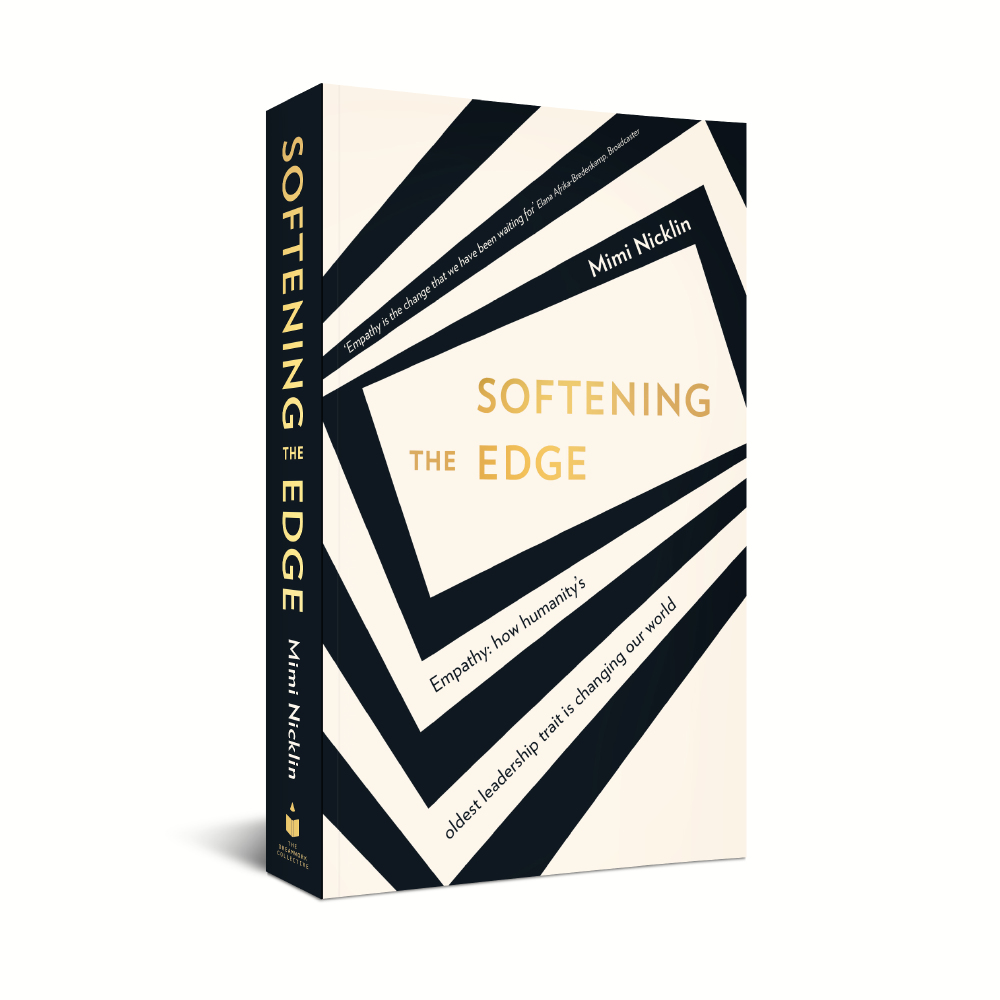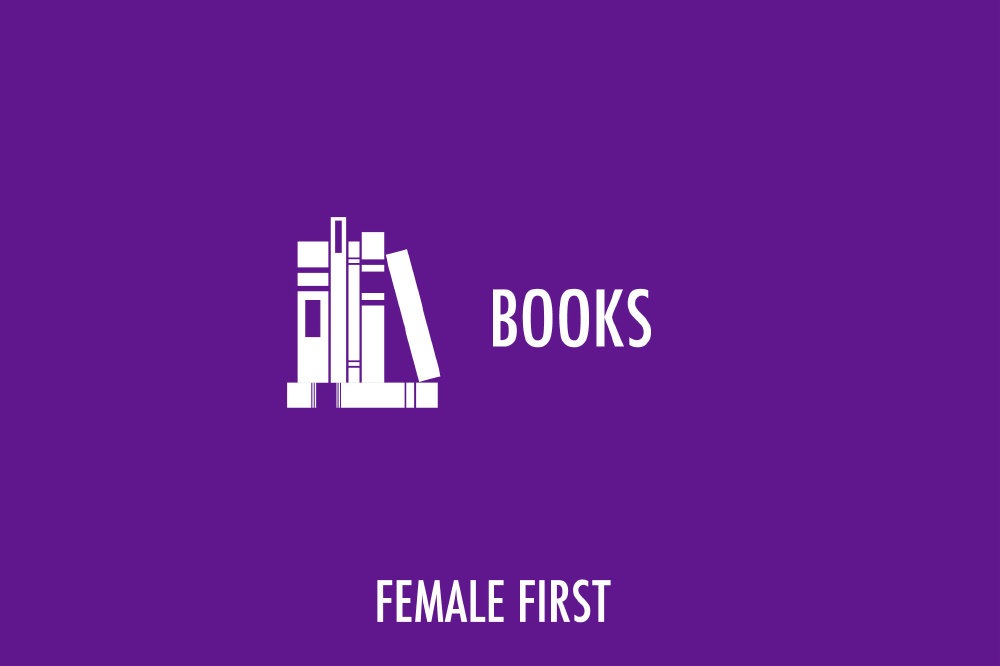Are women prone to empathising more deeply and naturally, or is it a lifetime of social ‘training’ that has led women to generally be more pro social as a natural response?

Softening the Edge
As empathy becomes the word on everyone’s agenda, from Michelle Obama to Oprah Winfrey, there is a curiosity around the gender bias of this skillset. Does it exist or is this simply a misconception that suited a gender narrative of years gone by? Many people may still believe that we are born with differing levels of empathic ‘ability’ but a large amount of research has now shown that this isn’t actually true. Empathy is a skill that we can learn, train and practice. It’s something we are all born with, men and women alike. Sorry gentlemen, you are totally not off the hook!
Where things do differ a bit is the frequency and speed with which we choose to use this ability and this does vary depending on context, personality, experience and even upbringing. All facets that point to the need for far more empathy education for boys and girls in our schools if we are to build a more understanding and cohesive future - but that’s for another conversation. The future aside, what we know today is that, whilst research results vary, any perceived gender differences are far more likely to be due to cultural expectations of gender roles than the sex we were born.
Research in 2018 showed that although women, on average, do score, higher in EQ tests than men, there doesn’t appear to be a genetic basis for those differences. We can however link social and cultural norms on our decision and speed with which we activate our empathy. In general, socially nurturing roles have been placed on and around women and girls for decades, and there is a high likelihood that this learned awareness and shared skillset has been shared generationally. We learnt it from our grandmothers and they learnt it from theirs. As women within our home’s we have always be tuned to being good listeners, to watch for subtle signs of stress of change and to focus on balancing the status quo before it upsets our daily routine. It was in our favour but it was also beneficial for those we cared for and loved.
RELATED: Seven ways this concept of ‘what’s right and wrong’ will enhance your relationships
We also know that women do score higher on coaching and mentoring in many academic studies and we can therefore assume that women are more prone to activating empathy as an instinctive path to pulling people together and building teams. Naturally connecting with other people, in a way that nurtures growth, is an approach that, whilst not exclusive to women, has been seen to score more highly, more often, in female research participants.
One of the unfair ironies of our career progression, men and women, is that so often the technical skills that got you to leadership in the first place are suddenly of much less importance when you have a tribe of people looking to you to fulfil much more than the act of doing the job every day. Male or female this is why we so often hear stories about highly skilled execs who get promoted to senior roles and fail or, the opposite, average technically skilled people who manage to fly to new heights when they are given a leadership role. It is not their sex that is impacting their ability to connect with their teams or not - but their choice to connect with others authentically, naturally and frequently.
Today, empathy is something that sets people apart. This ability to read and understand the emotions of those around you allows you to deeply make an impression and build rapport. We are seeing a 30-year decline in our empathy levels globally and this is a time when we should stop questioning who empathises better and start question who empathise more often? It’s worth remembering that our survival as humans has never been about our sex, but about shared success. Men and women together. If we are to find our way to 2021 with far less segregation and tension we could all do with a little more understanding and connection as we move together as a population, all of us united.
Mimi Nicklin is a globally recognised millennial thought-leader. She is host of the Empathy for Breakfast show, Secrets of The Gap podcast and author of new book Softening the Edge out 15 September priced £10.95. For more information go to www.miminicklin.com

Tagged in Oprah Winfrey Michelle Obama

